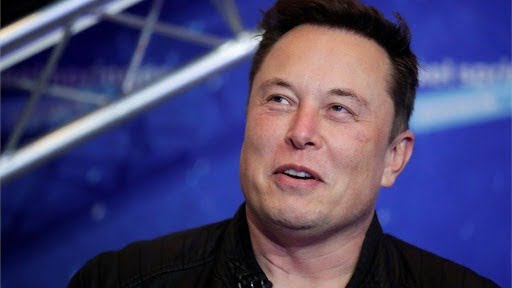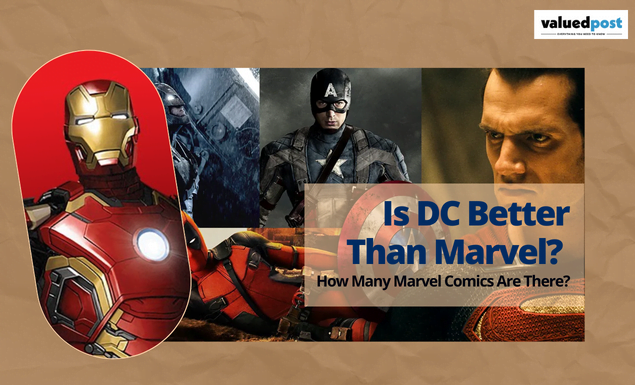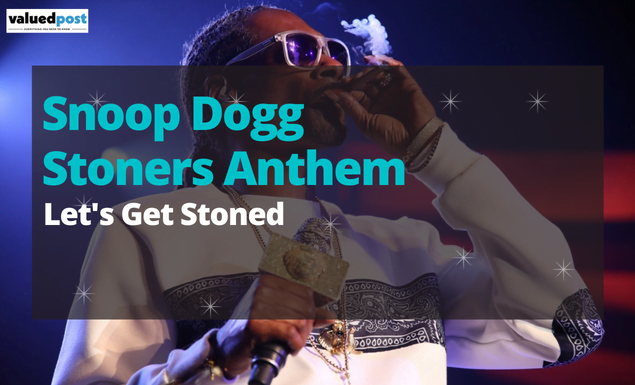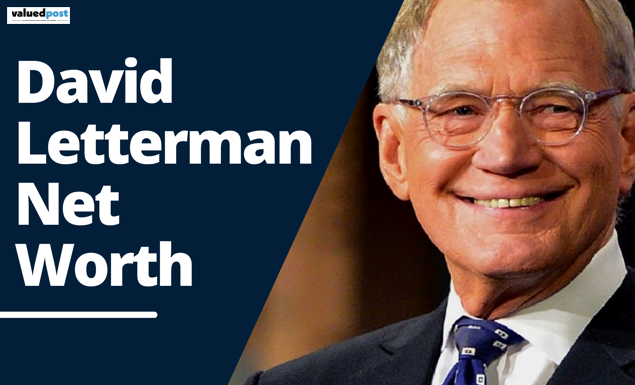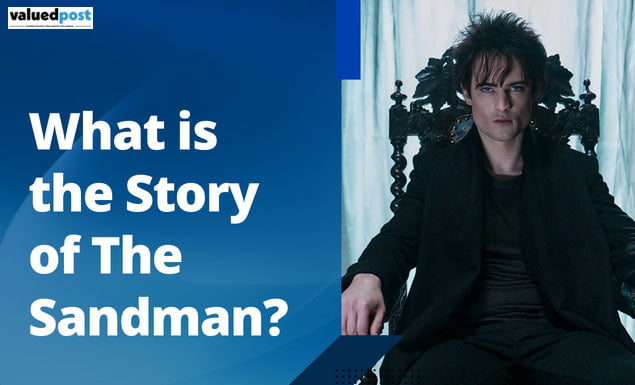Has Musk taken over Twitter?
Elon Musk buys Twitter for $44 billion. The firm originally denied Musk’s offer but will now ask shareholders to vote to approve the deal. According to Forbes magazine, Mr Musk is the world’s richest man, with an estimated net worth of $273.6 billion, primarily thanks to his stake in electric car maker Tesla, which he manages. He also heads the aerospace company SpaceX.
Will Trump return to Twitter after the Musk acquisition?
“Free speech is the foundation of a functioning democracy, and Twitter is a digital town square where vital questions about the future of humanity are discussed,” Musk said in a statement announcing the deal. “I also want to make Twitter better than ever by improving the product with new features, making algorithms open to increase trust, defeat spam bots, and authenticate all people,” he added.
“Twitter has huge potential, and I look forward to working with the company and the user community to unleash it.”
The move comes as Twitter faces increasing pressure from politicians and regulators over content appearing on its platform. He has drawn criticism from left and right for his efforts to spread disinformation on the forum. In one of its most basic moves last year, it banned former U.S. President Donald Trump, arguably its most potent user, citing the risk of “inciting violence.”
At the time, Mr Musk commented that “many people would be very unhappy with West Coast tech being the de facto arbiter of free speech.” News of the acquisition came despite Trump telling Fox News on Monday that he had no plans to return to the platform. It was welcomed by the right-wing in the United States.
The White House declined to comment on the acquisition, but spokeswoman Jen Psaki told reporters that “the President has long been concerned with the influence of major social media, no matter who owns or operates Twitter.” On Twitter, U.K. Digital, Culture, Media and Sport Committee chairman, MP Julian Knight, called the deal “a big deal in the social media world.”
“It will be interesting to see how private Twitter (run by a man who is a strong supporter of free speech) reacts to global regulatory moves.” BBC environmental analyst Roger Harrabin says scientists are nervous about the acquisition’s potential impact on the climate debate.
He notes that Twitter last week announced a ban on ads that refute the scientific consensus on the climate crisis, with the company acknowledging that misleading information could undermine efforts to protect the planet. Mr Musk, who has over 80 million followers on Twitter, has a controversial history on the platform himself.
In 2018, U.S. financial regulators accused him of misleading Tesla investors with his tweets, claims settled by a $40 million deal that Musk continues to deny. And in 2019, he faced a defamation lawsuit — which he successfully won — after he summoned a diver who had been involved in rescuing schoolchildren in Thailand as a “paedophile” to the platform.
On Monday, Mr Musk, known for clashes with journalists and critics of the bloc, suggested using Twitter as a forum for debate. “I hope even my worst critics stay on Twitter because that’s freedom of speech,” he wrote hours before the deal.
Can Musk turn Twitter around?
As part of the acquisition, which is expected to close later this year, Twitter’s shares will be cancelled, and the company will go private. Mr Musk suggested that this would give him the freedom to make the changes he wanted to the company. Among other ideas, he suggested allowing longer posts and introducing the ability to edit them after they’ve been published.
Twitter shares closed up more than 5% on Monday after the deal was announced. But the price remained below Mr Musk’s offer of $54.20 per share, a sign that Wall Street believes it is overpaying the company. Mr Musk said he “doesn’t care about the savings” of the purchase.
However, he will hire a company with poor financial performance. Twitter is rarely profitable despite its clout, and user growth, especially in the U.S., has slowed. Founded in 2004, the company had $5 billion in global revenue by the end of 2021 and 217 million daily users, a fraction of the numbers reported by other platforms like Facebook.
Bret Taylor, chairman of Twitter’s board of directors, said he fully appreciated Musk’s proposal and called it “the best path for Twitter shareholders.” It is not yet clear who will lead the company in the future.
But in his bid document, Musk told Twitter’s board of directors, “I don’t believe in leadership.” Mr Agrawal told employees on Monday that the future of Twitter is uncertain. “After the deal is closed, we don’t know which direction the platform will go,” he said, according to the Reuters news agency.
Mr Musk’s targeting on Twitter has evolved at an incredible pace. In early April, it was revealed that he had become the company’s largest shareholder with a 9.2% stake. He was then invited to the board of directors of Twitter but declined the offer before making a surprise offer to the company on April 14, saying he wanted to “unleash” its potential as a stronghold of free speech. Twitter tried to reject his bid, threatening to dilute anyone who bought more than 15% of the company’s shares.
However, his stance changed after Musk revealed additional financial details about his proposed proposal. He secured $25.5 billion in financing for the deal and will receive a $21 billion stake in the business. The Board of Directors unanimously approved the proposal, which will now be submitted to shareholders for voting. The speed with which this move took place turned the heads of many in Silicon Valley.

